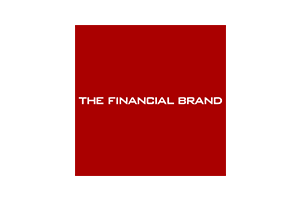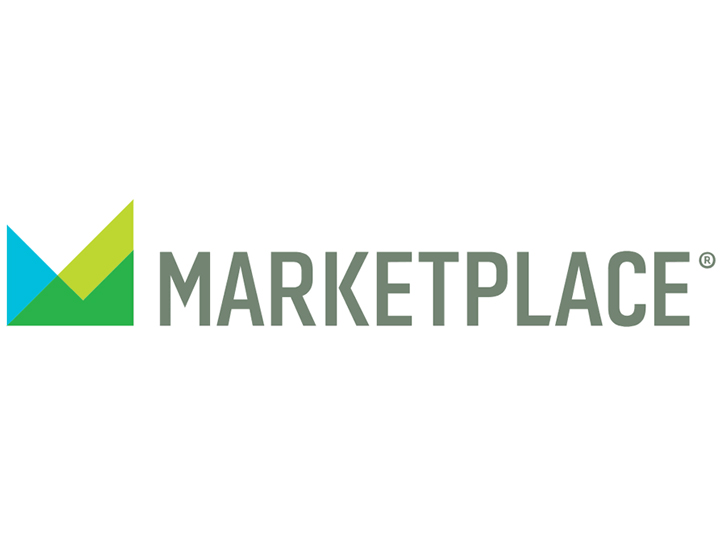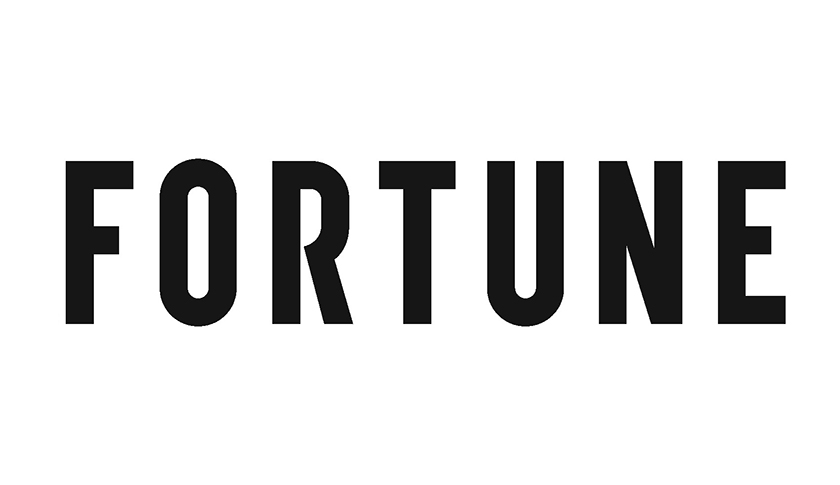Global Financial Health Launch Decision: Send ’Em!
The demand for a global financial health platform that supports meaningful business investment is there. We just need the collaboration to make it happen.
Entrepreneur Focus: Jennifer Tescher
Two events — a financial crisis followed by a global pandemic — demonstrated to Jennifer Tescher just how vulnerable the majority of Americans are.
‘Buy now, pay later’ is booming. So are its problems.
If used as intended, "buy now, pay later" can be a cheaper and easier alternative to a credit card.
How Banks Can Help Customers Tame Credit Card Debt
Customers often have credit cards from a lender other than their primary financial institution. But these institutions should still talk to them about credit card debt. As card balances and delinquencies rise, attentive banks and credit unions can help their customers see how to trim debt and better manage their money. One fintech CEO suggests it’s in banks’ best interests to take an interest.
New report reveals accelerating crisis of Hawaiʻi households living in poverty
In partnership with Bank of Hawaiʻi Foundation, Aloha United Way has released a new State of ALICE report based on a 2022 survey that indicates “alarming and substantial increases” in the number of households living in poverty.
Americans are saving little — while they spend up a storm
There’s an interesting mystery in the statistics that came out Thursday from the Bureau of Economic Analysis. Personal income — after inflation — rose about 0.4% in October from the previous month. Personal spending went up too, after adjusting for inflation, by 0.5%.
New Financial Health Pulse Data Shows Correlation Between Cost of Gas and Consumption and the Impact of Price Increases on Financially Unhealthy
Top-line finding shows that as gas prices increased in 2022, overall consumption decreased and that the financially unhealthy often made smaller, more frequent purchases to fill up their tanks.
Student Debt Relief: Questions Employers Face
Student debt has been both a prohibiting factor and financial health burden for college-goers for decades. The cost of college has increased 169% since the 1980s, while college graduate pay is up only 19%. This has caused many college graduates and future college students to question not only the value of a college degree, but also the negative impact college debt has or could have on their lives.
BNPL connected to overdraft charges, card fees: study
The study showed BNPL services inspired consumers to spend beyond their means, and frequent users displayed larger declines in financial health, according to the study.
Three key takeaways from The Foundation’s Start at Home grant report
The results of a recent National Credit Union Foundation (the Foundation) research grant are in—and they’re exciting.
As The Nation Nears Full Banking Inclusion, It’s Time To Focus On Financial Health
Good news from the FDIC: Fewer than 5% of American households lack a bank account, down from 8% a decade ago and the lowest level since the agency began tracking it.
The American middle class is at the end of an era
What do the Simpsons and about 50% of American households have in common? Not just a love for donuts or a kid who loves to say “eat my shorts.” They both belong to the middle class.











